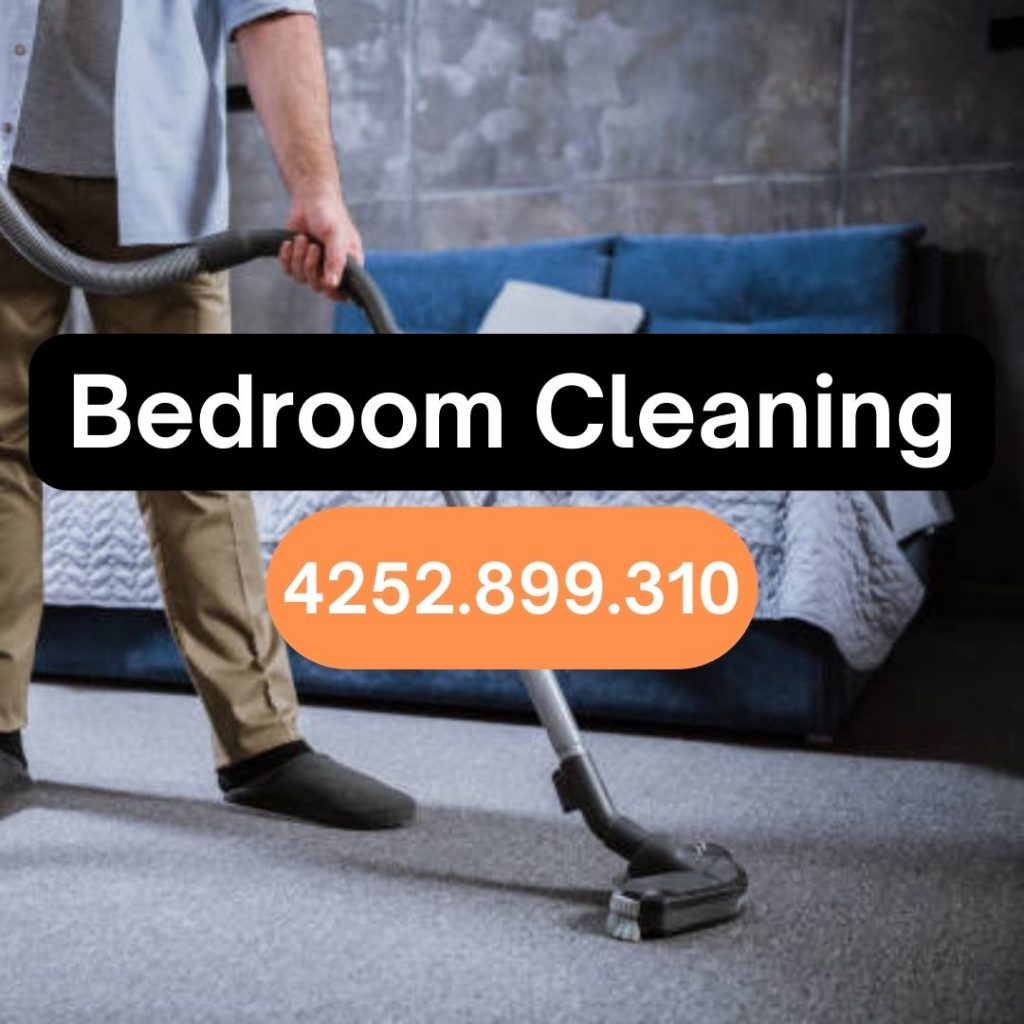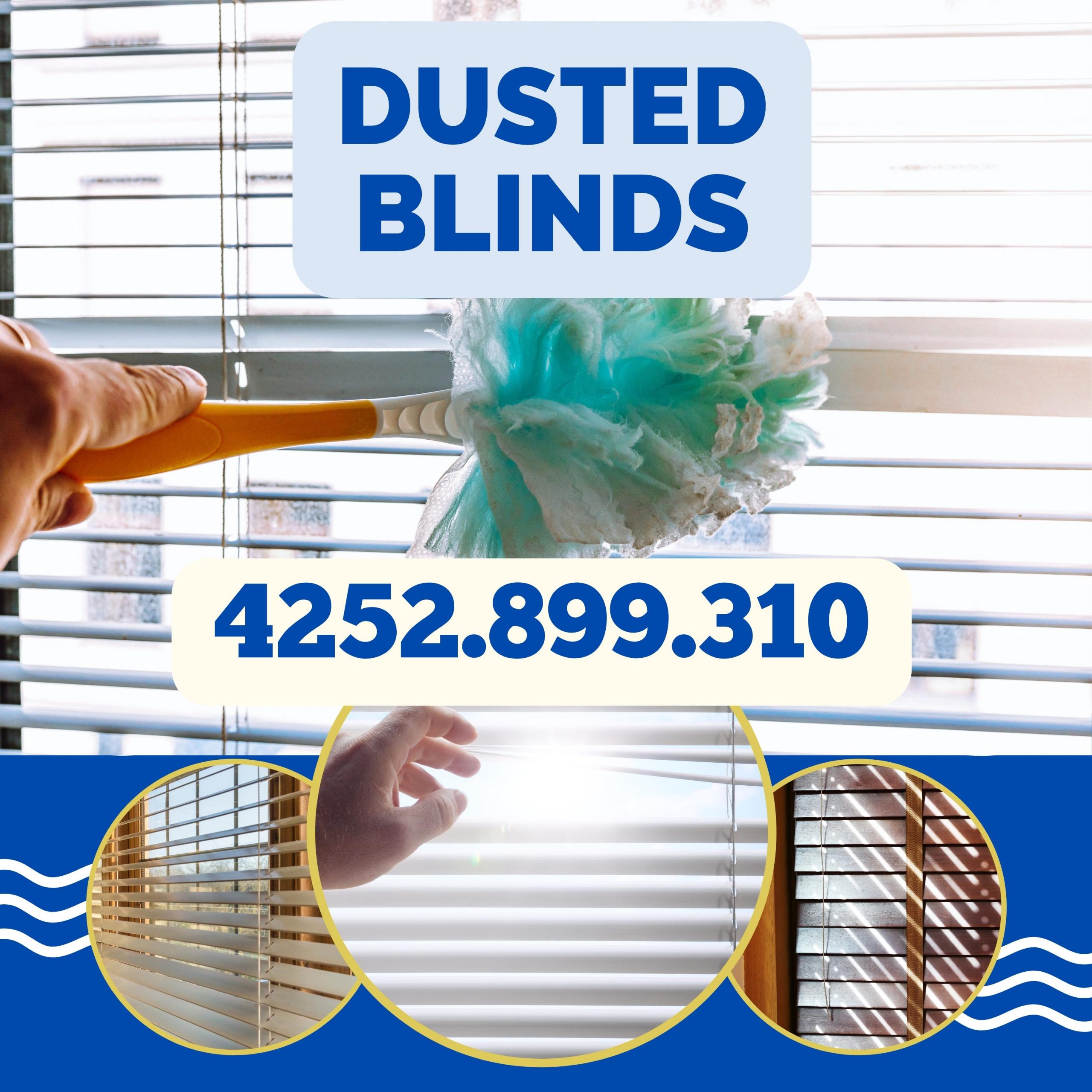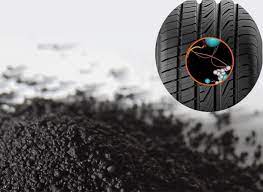Living with allergies can be challenging, and for many, everyday cleaning products exacerbate their symptoms. As we embark on the journey of allergen-free cleaning, it’s crucial to grasp the prevalence of allergies. According to the American Academy of Allergy, Asthma & Immunology, over 50 million Americans experience various types of allergies yearly. These allergies range from environmental factors like pollen and dust mites to specific substances in cleaning products. Pro Tip: Identifying the allergens affecting you or your loved ones is the first step toward creating an effective allergen-free cleaning routine. For residents in Seattle, hiring professional house cleaners Seattle who specialize in allergen-free cleaning can be particularly beneficial in creating a healthier indoor environment.
Understanding Allergens
To effectively tackle allergens, it’s essential to understand their nature. According to the World Allergy Organization, dust mites are one of the most common indoor allergens, with approximately 10% of the global population being sensitive to them. Pet dander is another significant culprit, affecting nearly 15% of the population. Knowing these statistics helps in crafting targeted cleaning strategies. Pro Tip: During high pollen seasons, when allergens like pollen are rampant, adapt your cleaning routine based on local pollen forecasts to minimize exposure. For residents in Seattle, WA, where allergen-prone elements like dust mites and pet dander can be prevalent, considering specialized house cleaning Seattle WA can provide a tailored approach to allergen-free cleaning, ensuring a healthier living space.
The Impact of Traditional Cleaning Products
Traditional cleaning products often contain volatile organic compounds (VOCs), which can trigger allergic reactions and respiratory issues. The Environmental Protection Agency (EPA) reports that indoor air can be two to five times more polluted than outdoor air, mainly due to the use of such chemicals. Opting for fragrance-free or hypoallergenic cleaning products can significantly reduce indoor air pollution. Pro Tip: According to the Asthma and Allergy Foundation of America, VOC levels are often higher indoors during and immediately after using household cleaning products, so proper ventilation is critical.
Allergen-Free Cleaning Products
The market now offers a variety of cleaning products specifically formulated for individuals with allergies. According to a study published in the Journal of Asthma and Allergy, using hypoallergenic cleaning products can significantly reduce allergy symptoms. When choosing products, look for those endorsed by allergy organizations or dermatologists. Pro Tip: Always read product labels carefully to avoid common allergens and harsh chemicals.
DIY Allergen-Free Cleaners
For those inclined toward a more hands-on approach, DIY cleaning solutions using vinegar, baking soda, and lemon can be effective and allergen-friendly. According to an Environmental Working Group (EWG) survey, homemade cleaners using simple ingredients were just as effective as commercial counterparts without the added chemical burden. Pro Tip: Combine vinegar and baking soda for an all-purpose cleaner that cleans various surfaces and neutralizes common allergens effectively.
HEPA Vacuum Cleaners
Investing in a high-quality vacuum with a HEPA filter is crucial for allergen-free cleaning. Research from the American Academy of Pediatrics suggests that using HEPA filters in vacuum cleaners can significantly reduce indoor airborne allergens, relieving allergy sufferers. Pro Tip: Regularly clean or replace the HEPA filter for optimal performance and allergen capture.
Microfiber Cleaning Tools
Microfiber cloths and mop heads are invaluable tools in allergen-free cleaning. Research from the Journal of Occupational and Environmental Hygiene indicates that microfiber cleaning tools effectively capture and remove particles, preventing them from becoming airborne. Pro Tip: Wash microfiber tools in hot water to remove captured allergens and maintain their cleaning efficiency.
Allergen-Proof Bedding
The bedroom is a hotspot for allergens, especially dust mites. According to a study in the Journal of Allergy and Clinical Immunology, using allergen-proof bedding can significantly reduce exposure to dust mites and alleviate allergy symptoms. Pro Tip: Wash bedding weekly in hot water to eliminate accumulated allergens.
Air Purifiers
Air purifiers equipped with HEPA filters can play a pivotal role in improving indoor air quality. The American Lung Association recommends using air purifiers to reduce airborne allergens, stating that they are particularly beneficial for individuals with asthma and allergies. Pro Tip: Place air purifiers strategically in bedrooms and common areas for maximum impact on overall air quality.

Managing Pet Allergens
Pet dander is a common allergen, affecting around 30% of people with allergies. The American College of Allergy, Asthma & Immunology suggests that regular grooming, using pet-safe cleaning products, and designating pet-free zones can help manage pet-related allergens. Pro Tip: Brush pets outdoors to minimize indoor dander levels.
Mold Prevention and Removal
Mold is a potent allergen that can lead to respiratory issues. According to the Centers for Disease Control and Prevention (CDC), mold growth can occur within 24-48 hours of water damage. Addressing water damage promptly, controlling humidity, and using mold-resistant products are vital preventive measures. Pro Tip: Regularly inspect and clean areas prone to moisture, such as bathrooms and basements, to prevent mold growth.
Allergen-Free Flooring
Choosing suitable flooring materials is crucial for allergen-free living. According to a study in the Journal of Allergy and Clinical Immunology, hard flooring surfaces like hardwood or tile are preferable, as they do not harbor allergens as easily as carpets. Pro Tip: Use doormats at entrances to prevent outdoor allergens from being carried into your home.
Green Cleaning Practices
Embracing eco-friendly cleaning practices benefits the environment and promotes allergen-free living. The EPA’s Safer Choice label indicates safer human and environmental products. Pro Tip: Look for cleaning products with this certification to ensure environmental and human safety.
Allergen-Free Kitchen
The kitchen is a common area for allergens, especially food-related ones. According to a study in the Journal of Food Science, proper cleaning practices and using allergen-free cooking utensils and appliances can make this space safer for sensitive individuals. Pro Tip: Designate specific cutting boards and utensils for allergen-free food preparation to avoid cross-contamination.
Laundry Tips for Allergen-Free Clothing
Clothing can carry allergens, making proper laundry practices essential. According to the Asthma and Allergy Foundation of America, washing clothes in hot water helps eliminate allergens effectively. Pro Tip: Consider using allergen-proof laundry bags to contain potential allergens during washing.
Allergen-Free Window Treatments
Curtains and blinds can trap allergens, requiring regular cleaning services seattle to maintain a healthy indoor environment. According to a study in the Journal of Exposure Science & Environmental Epidemiology, using washable curtains and blinds or those that don’t quickly accumulate dust is advisable. Pro Tip: Use a damp cloth for regular dusting to prevent allergens from becoming airborne.
Allergen-Free Personal Care Products
Personal care products can also contribute to allergen exposure. According to a National Institute of Occupational Safety and Health survey, fragrance is a common allergen found in personal care products. Pro Tip: Choose products labeled as hypoallergenic and free from common allergens to minimize the risk of skin irritation.
Professional Allergen Testing
Persistent allergies may warrant professional allergen testing. According to the American College of Allergy, Asthma & Immunology, allergen testing can help identify specific triggers in your home. Pro Tip: Consult an allergist for comprehensive testing and guidance on managing particular allergies.
Regular Maintenance Routine
Consistency is vital in maintaining an allergen-free environment. According to the Asthma and Allergy Foundation of America, creating a regular cleaning schedule, including daily tasks and more profound cleaning sessions, is essential. Pro Tip: Set calendar reminders for routine cleaning tasks to ensure they become a seamless part of your lifestyle.
Conclusion
Adopting allergen-free cleaning practices is a transformative step toward creating a healthier living space for sensitive individuals. As we celebrate small victories in this journey, each effort contributes to a healthier, happier living environment. Pro Tip: Remember that the journey to an allergen-free home is achievable and rewarding, and every step you take improves your overall well-being.



















